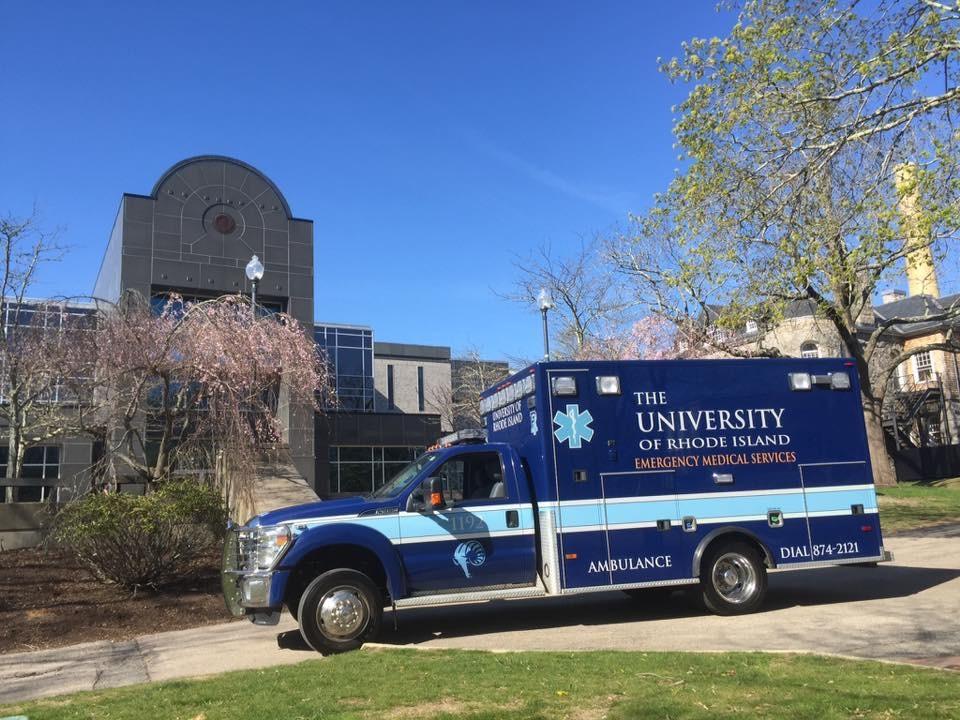The University of Rhode Island Police Department reported a total of 18 medical emergencies across campus within the first week of the fall semester, seven of which occurred over the weekend.
URI Police daily activity logs from Sept. 2 to Sept. 8 state that all of the affected students were directly transported to the hospital. None of the emergencies were life-threatening, Deputy Chief Paul Ricci said.
“If it is more serious and it’s a trauma we take them to Rhode Island Hospital, but the majority of our transports go to South County Hospital,” Ricci said.
The beginning of the fall season typically has more emergencies than other points of the year, Ricci said. Most of these reported incidents are alcohol and substance related.
“This is kind of typical from year to year with opening as students are often out on their own for the first time,” Jennifer Hodshon, director of Health Services, said.
Medical emergencies, specifically ones related to alcohol and substances, are handled as safely as possible, according to URI’s Medical Amnesty Policy .
“Actions taken to preserve life and or the safety of students in emergency situations shall not expose students to student conduct charges regarding alcohol or drug consumption, if that student’s role in the situation is to call for help or emergency services,” according to URI’s Medical Amnesty Policy .
The policy enables students to call for help without facing consequences.
“The whole point of that policy is we want to make sure that everybody’s life safety is paramount,” Ricci said.
The Medical Amnesty Policy is introduced to every incoming URI student at a training session during first-year orientation, Arielle Sherman, a specialist in prevention of alcohol and other substance abuse, said.
“This year, 2,100 students sat through my training about just keeping each other safe,” Sherman said. “The main component with and why we have a Medical Amnesty Policy, and that most universities do, is to just keep everyone as safe as possible and to take that fear away from calling 911.”
In order to promote a safer campus environment, URI has health-related resources available to students, Sherman said.
Health Promotion, a section of URI Health Services, promotes well-being support by hosting events almost daily, Sherman said. These events are held in both Memorial Union and on the URI Quad.
Often working alongside Health Promotion, t he Community First Responder Program provides free and accessible harm reduction methods for all URI students and community members, Sherman said.
N arcan spray, fentanyl test strips, training sessions and other resources are available to students through CFRP, which is located at Morrill Hall Suite 219 and is open every Monday through Friday from 8 a.m. to 4 p.m. Anita Jacobson, clinical professor of the College of Pharmacy, runs the program.
In collaboration with the College of Pharmacy, Health Promotion and Health Services have also started a 24-hour wellness vending machine , located on the first floor of the Robert L. Carothers Library, where multiple harm reduction products are provided.
“It’s great because every harm reduction method they give out is free, so that barrier is kind of just taken away,” Sherman said.
The biggest support campus resources aim to offer lies in connection, accessibility and safety.
“Connection with one another is something that I continue to teach to students because when we have someone who’s looking out for us we just have another set of eyes,” Sherman said. “It’s all about this creation of a safer community in general which will hopefully then continue this idea of prevention.”





